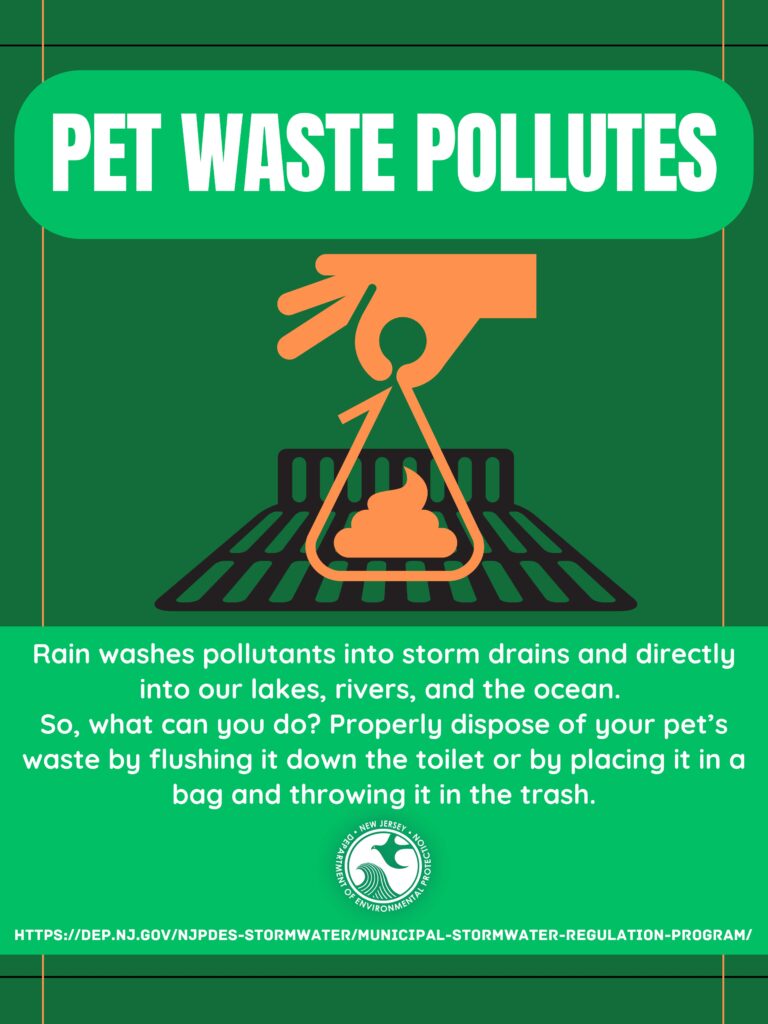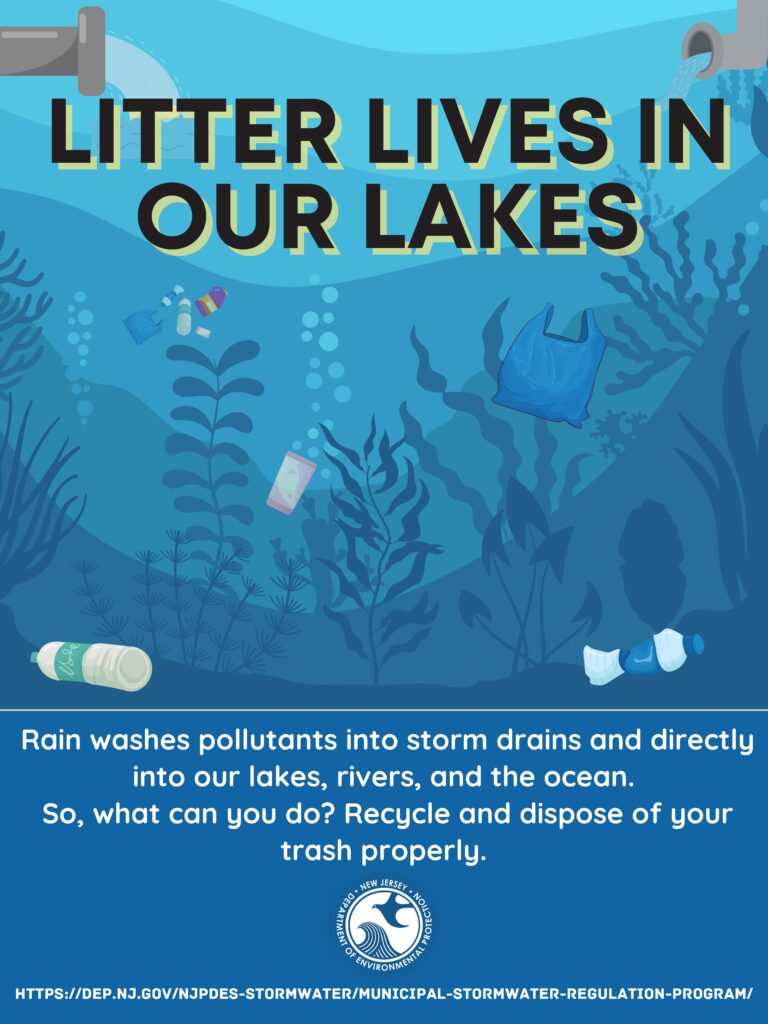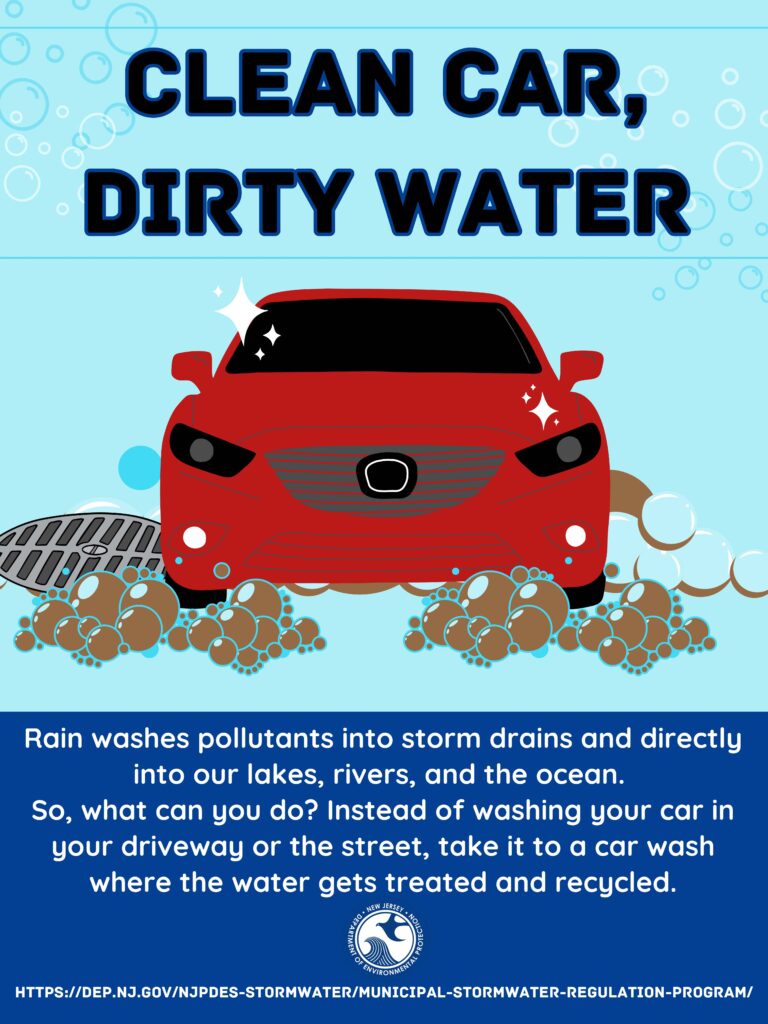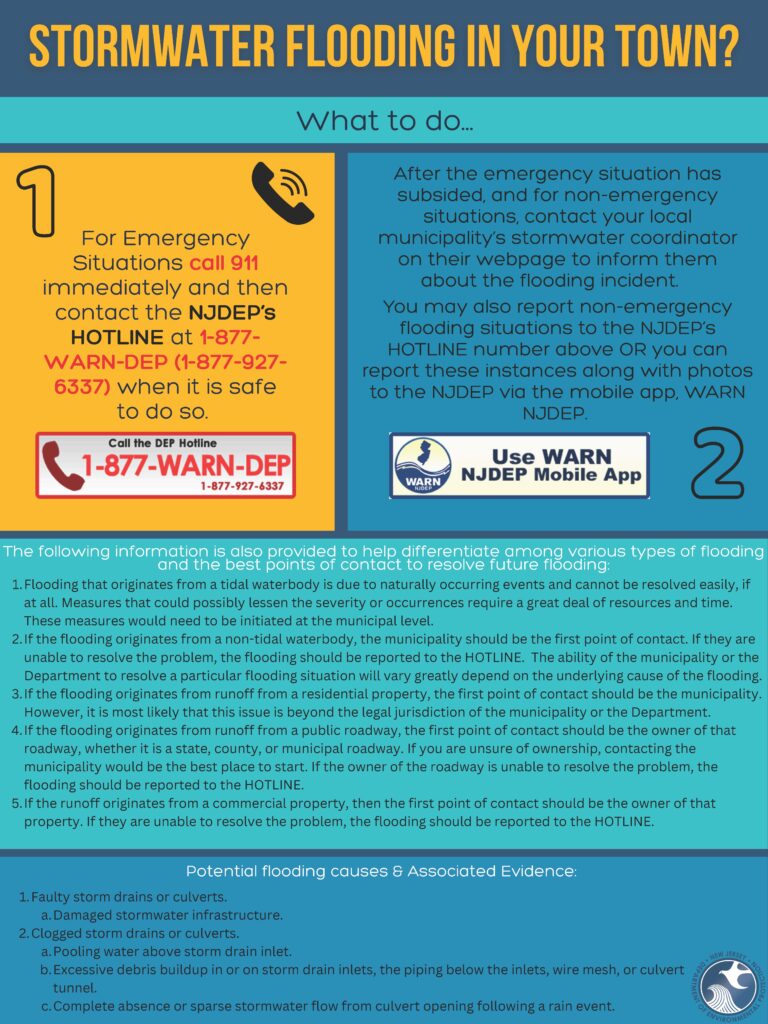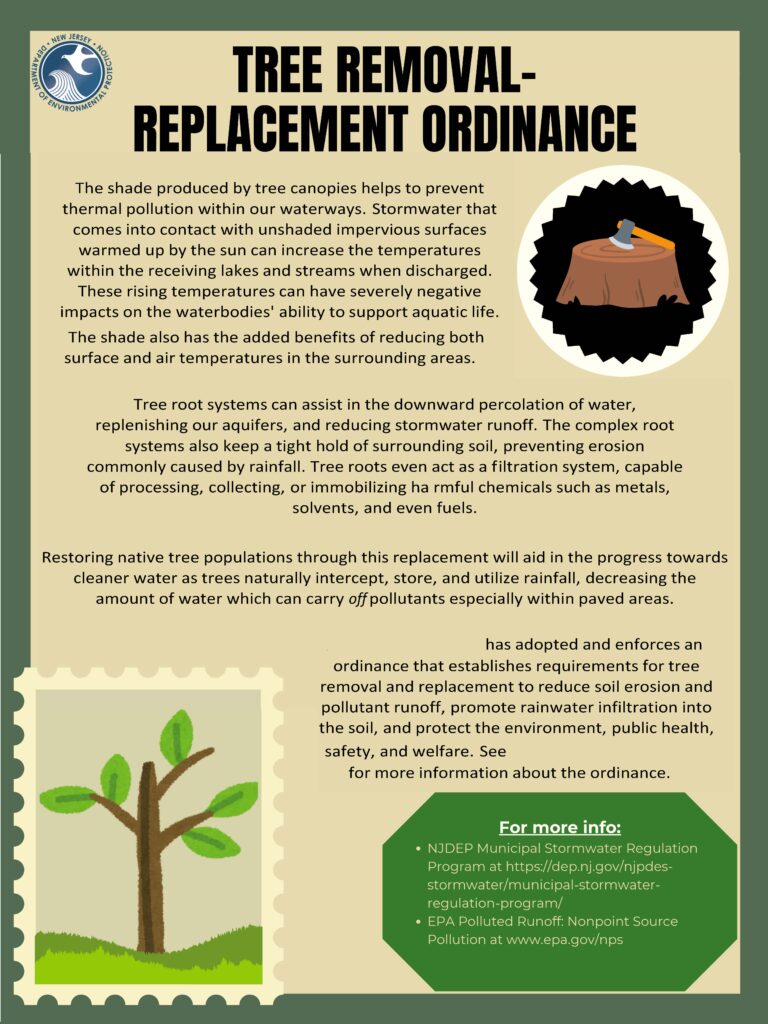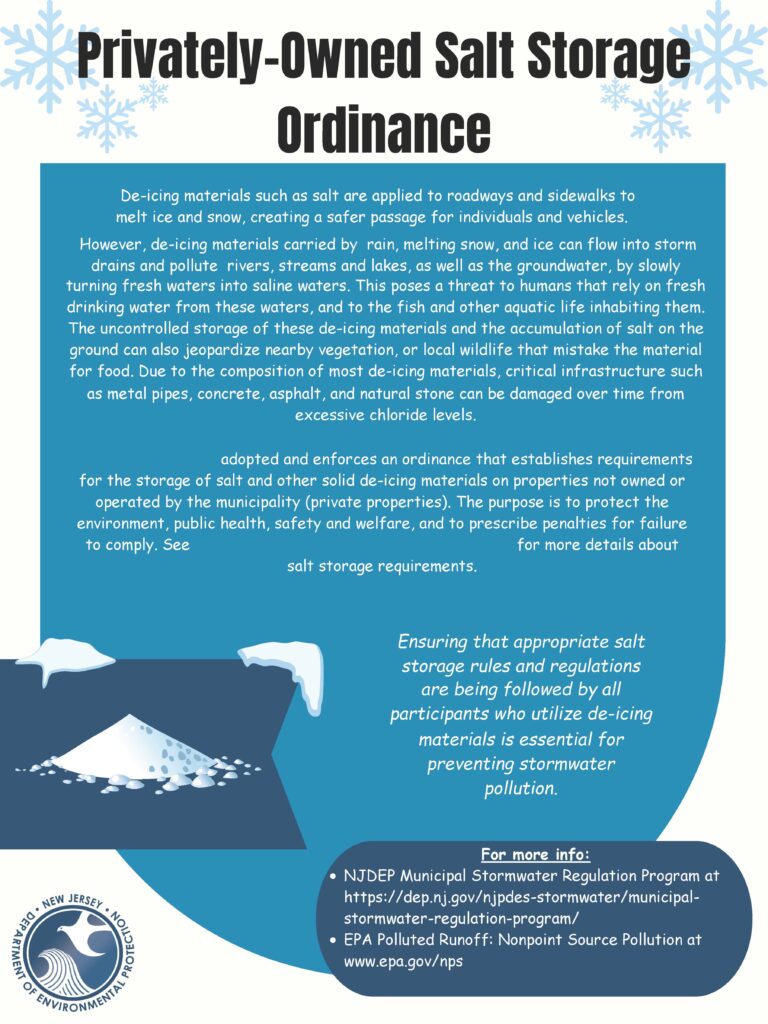Why Public Education and Outreach is Important
Public education and outreach are a vital part of effective stormwater management as they help to raise awareness about the impact of stormwater and how it affects water quality and the environment. Educating the public can also help reduce the instances of improper disposal of waste and illicit connections. Public education can also lead to residents wanting to become more engaged and wanting to help with stormwater management.
The public can provide valuable input and assistance to the MS4 permittees with their program in the following ways:
- Citizen participation can provide a broader base of expertise and economic benefits since the community can be a valuable intellectual resource at no cost to the permittee
- Citizen volunteers can serve as the liaisons who provide important cross-connections to other local and regional programs they are involved with
- Interested citizen groups, such as watershed associations or environmental/conservation organizations, can volunteer to take on specific tasks in dealing with best management practices (BMPs) and/or stormwater control measures to meet any number of permit conditions.
Points System for Public Education and Outreach Activities
All MS4 permittees are required to have a public education and outreach program.
At least one of the activities shall involve education about the hazards associated with illicit connections and improper disposal of waste.
The Tier A, Public Complex, and Highway Agency MS4 permits each have different education and outreach activity requirements, with different total point values. Please refer to Attachment A of your MS4 Permit for your available activities and associated point values arranged by category.
Below are the categories of education and outreach activities. In some cases, you can combine activities to maximize your efforts—such as setting up a Stormwater Display at a local event while distributing promotional items.
Permittees are required to report their public education and outreach activities in their annual report and should create a section within their Stormwater Pollution Prevention Plan (SPPP) describing the activities they conducted that year during their annual review.
Advertising your public outreach efforts should be included not only on your website but also on your social media. People are more likely to see the post on your social media page than your town’s website, so use it to your advantage.
We also encourage permittees to explore partnership opportunities with local organizations, such as watershed groups, utilities, universities, schools, youth or faith-based groups, and other community organizations. Collaborating can enhance your public education and outreach efforts!
General Public Outreach
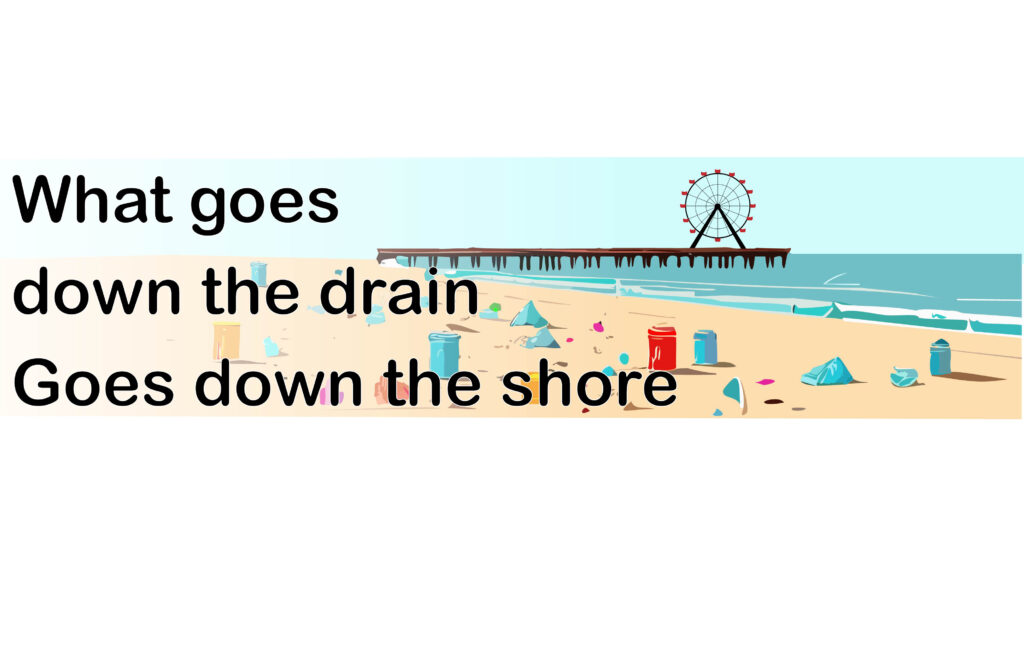
Billboard/Sign
Post and maintain (for credit in subsequent years) a stormwater-related billboard or sign which can be displayed on a bus, bus stop shelter, recreation field (outfield sign), or other common public location.
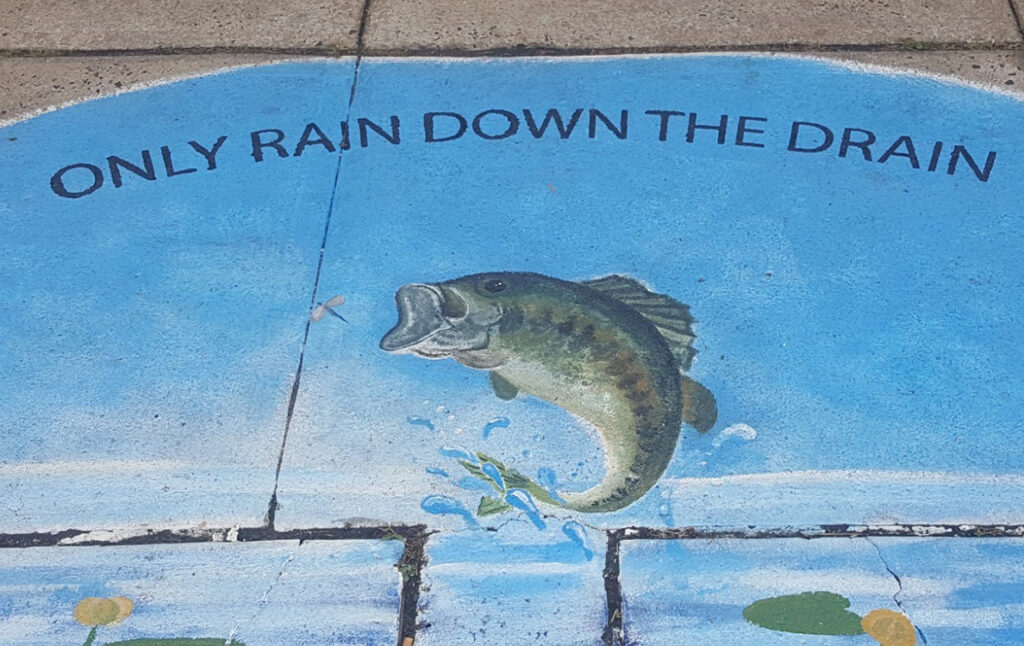
Mural
Produce and maintain (for credit in subsequent years) the planning and painting of a stormwater pollution-themed mural, storm drain art, or other artwork at a local downtown/commercial area or other similar public venue.
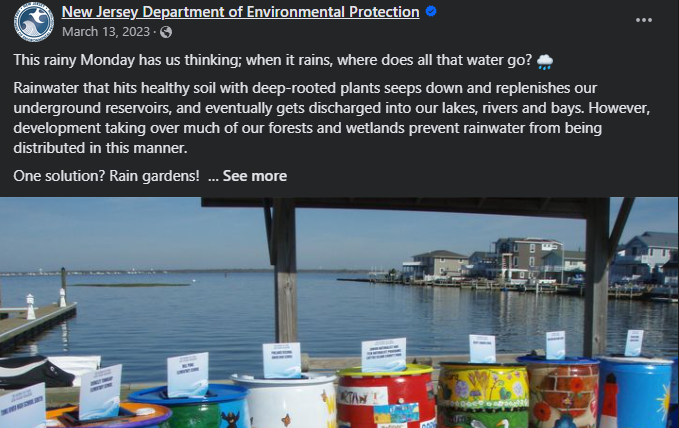
Social Media Post
Post relevant stormwater materials on a municipal social media site, you can link to stormwater-related resources or educational material.
For example, you can post about the benefits of having a rain garden in your backyard or talk about the importance of not feeding wildlife. You can post any of the tip cards on this website as well.
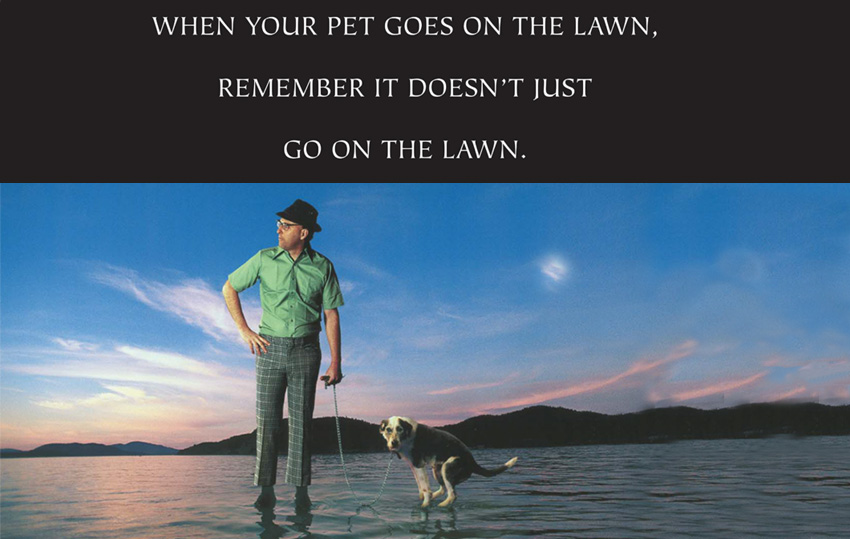
Newspaper Ad
Use any of the following materials available on www.cleanwaternj.org or below on this page to publish an ad in a newspaper or newsletter that serves the municipality.
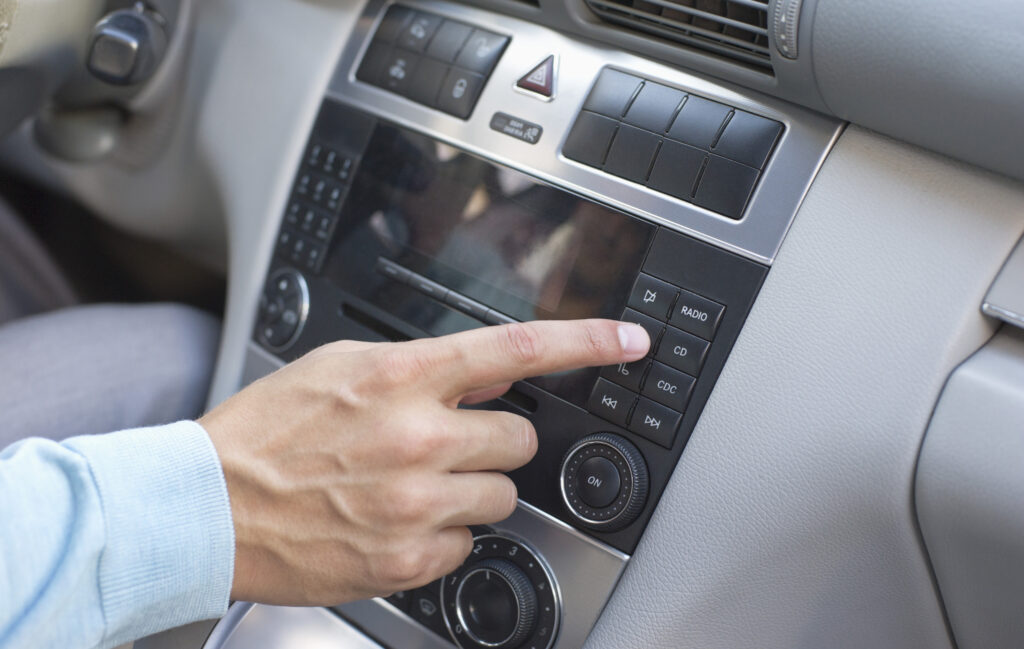
Radio/Television Ad
Choose to broadcast one of the radio or TV ads on www.cleanwaternj.org on a local radio or municipal public service channel.
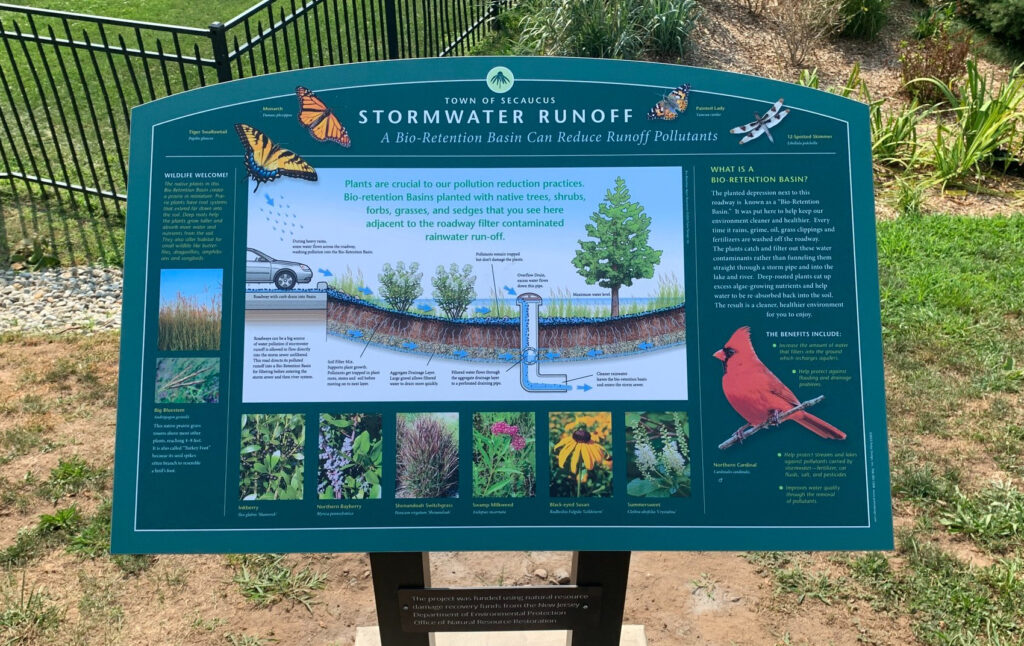
Signage
Post signs at municipally owned green infrastructure or other stormwater-related facilities. Maintain these signs for points in the upcoming years.
Target Audiences Outreach
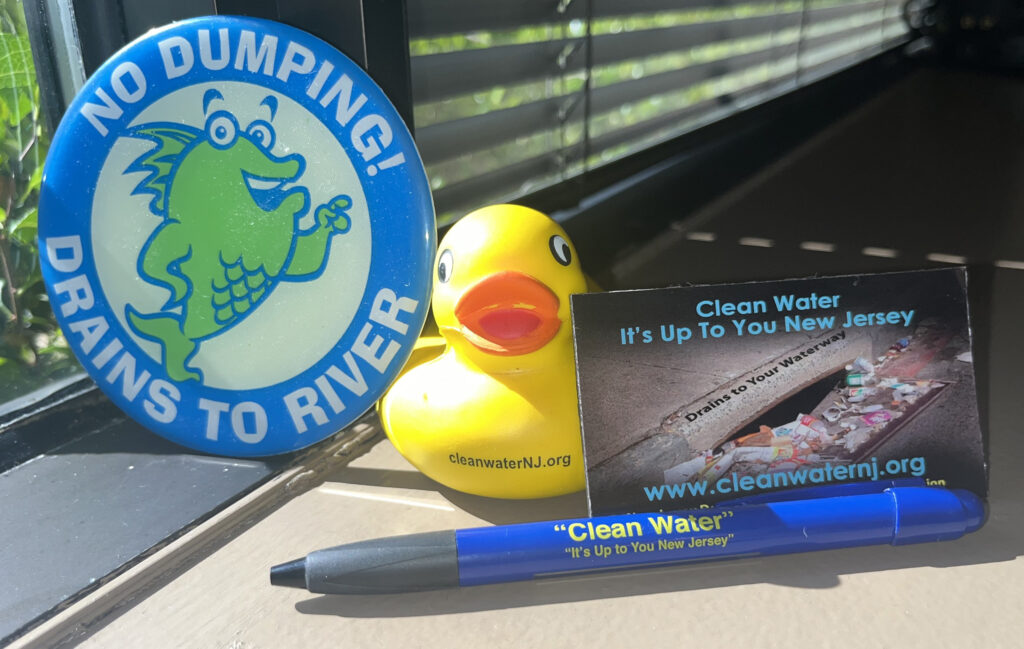
Promotional Items
Distribute an item or items with a stormwater-related message (e.g., refrigerator magnets, temporary tattoos, key chains, bookmarks, pet waste bag dispensers, coloring books, and pens or pencils). The municipality must initially have available a minimum number of items equal to 10% of the municipal population.

Private Stormwater Facilities Education
Provide information to all known owners of stormwater facilities not owned or operated by the municipality (i.e., privately owned) highlighting the importance of proper maintenance of stormwater measures.
Some ideas include
- Send brochures on how stormwater facilities when well maintained help to prevent flooding
- Provide stormwater maintenance training for facility owners
- Provide a list of those who can service the facilities with information on how to maintain
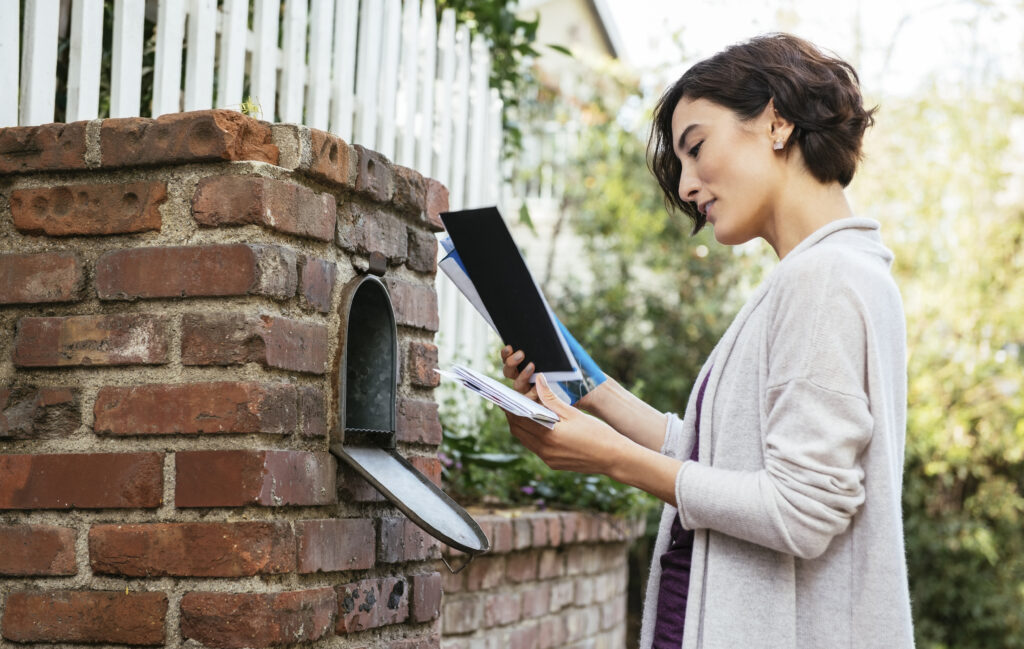
Mailing or e-Mailing Campaign
Distribute any of the Department’s educational brochures, tip cards, or a municipally produced equivalent via a mailing to every resident and business in the municipality.
You can use any of the Department’s created material or create your own to tailor to your own community.
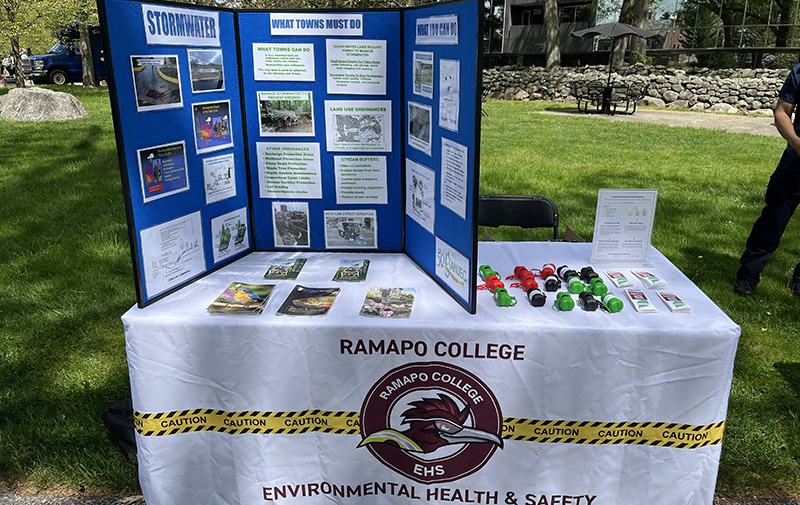
Stormwater Display
At a community event such as a street fair, community day, Earth Day, or any public event set up a stormwater-related display. This display can have information about the town’s ordinances, highlighting Green Infrastructure in the town, general information about stormwater.
Above is a great example from Rampoo College during their Earth Fair, they display information about stormwater alongside takeaways and brochures for their students, faculty, and staff.
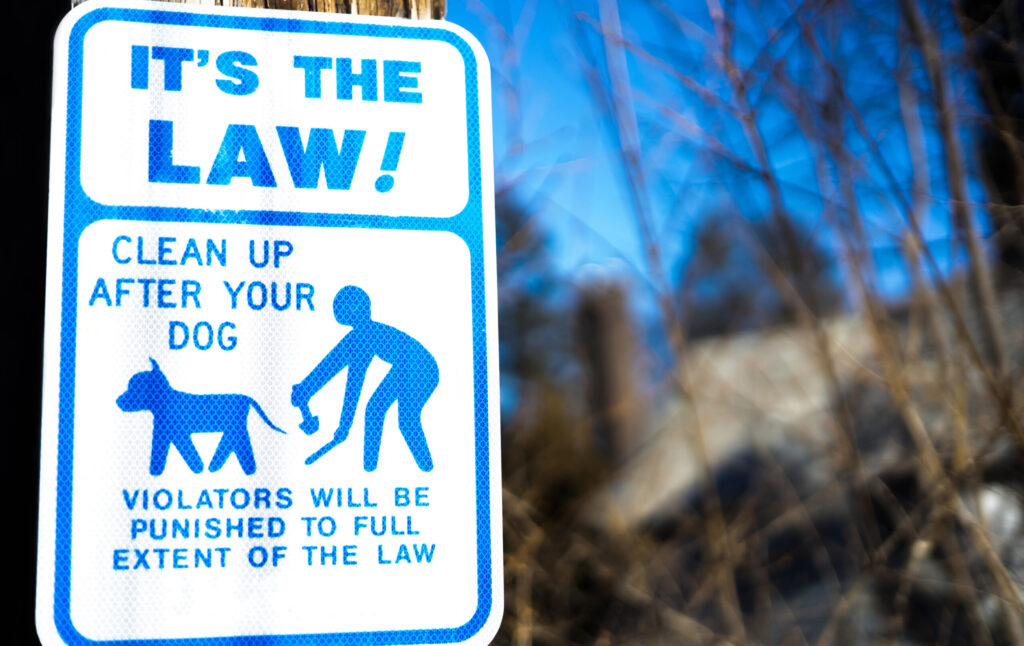
Ordinance Education
Distribute a letter or e-mail from the mayor or municipal official to every resident and business in the municipality highlighting the requirements and environmental benefits of Pet Waste, Wildlife Feeding, Litter Control, Improper Disposal of Waste, Containerized Waste/Yard Waste Collection, Private Storm Drain Inlet Retrofitting, Illicit Connection, Tree, and Salt Storage ordinances.
School/Youth Education and Activities

Educational Contest for Schools
Holding a contest in the town is a great option to get kids involved and learn about stormwater. Some ideas for contests are:
- Design a poster to prevent littering
- Rain barrel painting design
- Create a video about the protection of streams and rivers
Feel free to get creative!
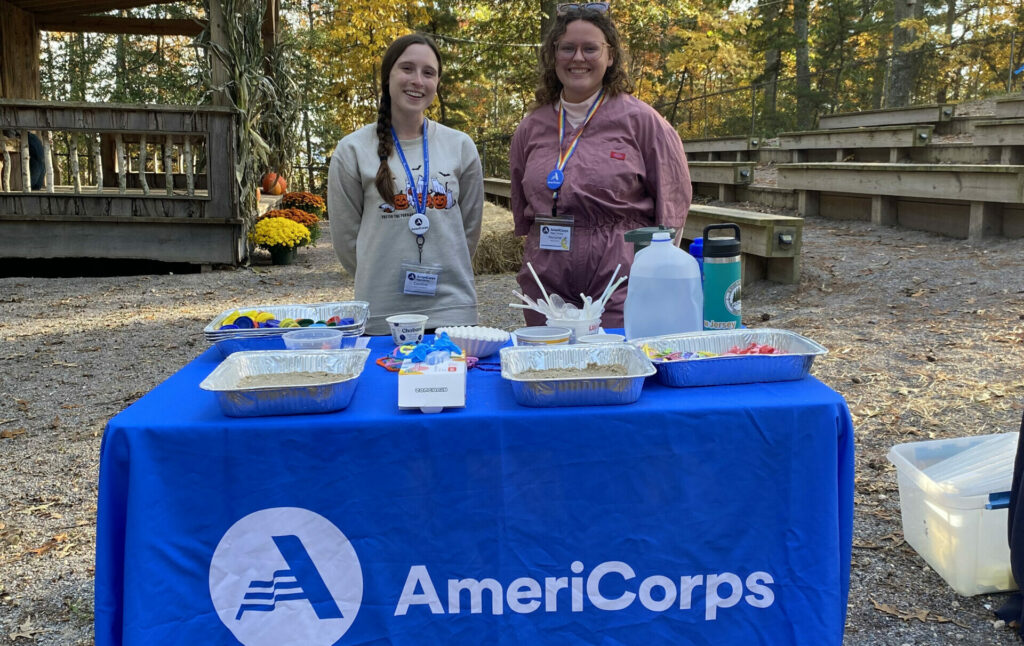
AmeriCorps Event
The AmeriCorps NJ Watershed Ambassador Program conducts education and stewardship projects throughout the state and is a great resource for permittees for outreach activities. Through their service, Ambassadors hold events throughout their watershed, and permittees can partner with the Ambassadors to bring events to their city.
You can contact your current AmeriCorps NJ Watershed Ambassador on this page here.
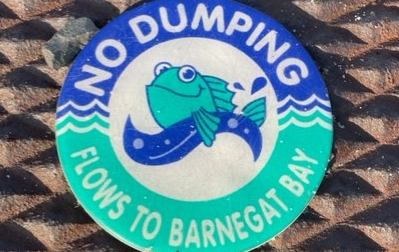
Storm Drain Labeling
Drain labeling can include a variety of different projects such as:
- Stenciling over precast labels to improve legibility
- Replacing labels that are worn out or missing
- Checking to make sure labels are on storm drains
These projects can be done by virtually anyone, reach out to local troops and youth groups as they may need voluntary hours and this is a great project for them to complete.
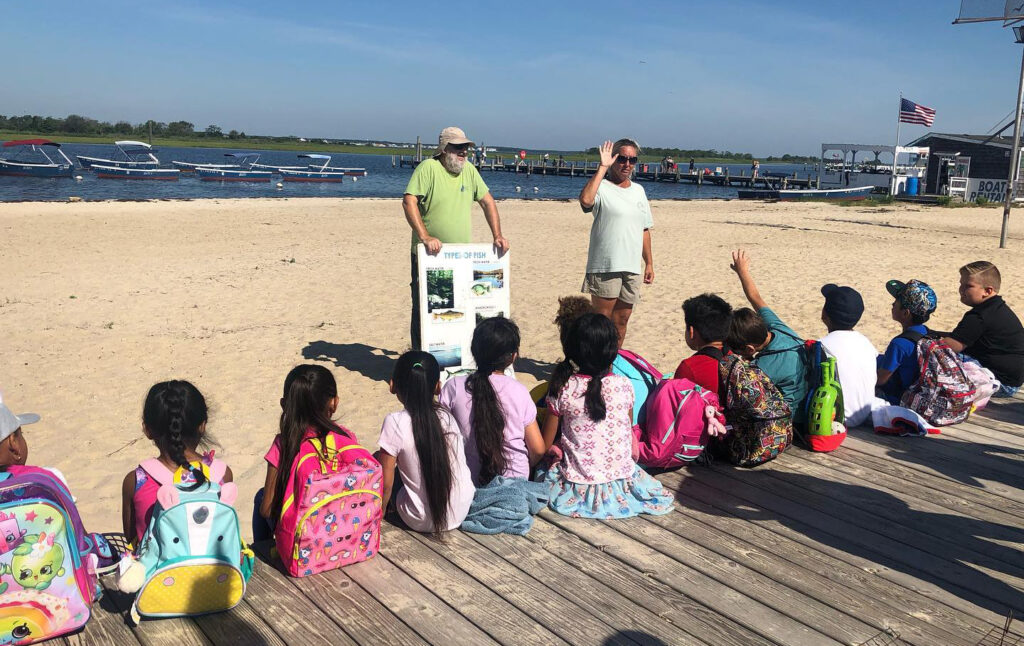
School Presentations
Organize a presentation at a local school, you can use municipal staff or partner with an organization.
Here are some organizations you could reach out to:
- AmeriCorps NJ Watershed Ambassadors
- Local Environmental Groups
- Local Green Team
Topics could include stormwater, nonpoint source pollution, watersheds, water conservation, and water quality. For ideas, see information at www.nj.gov/dep/seeds.
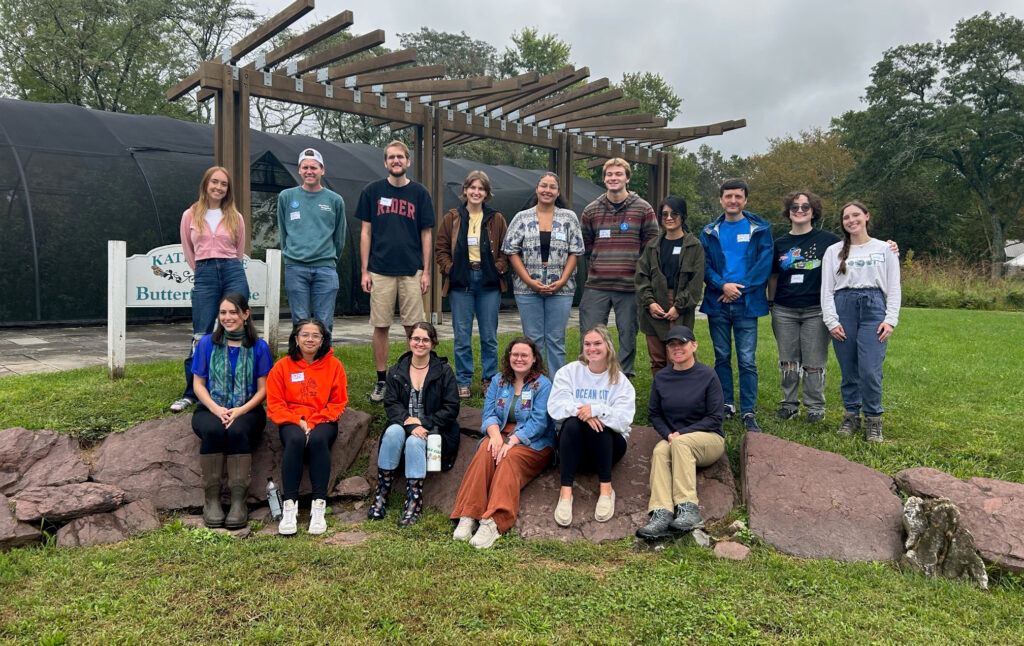
Water Education Workshops
Provide water-related professional development for teachers from a registered NJ Department of Education Professional Development Provider. The above photo is from the Project WET workshop held through NJDEP.
Some groups to reach out to include:
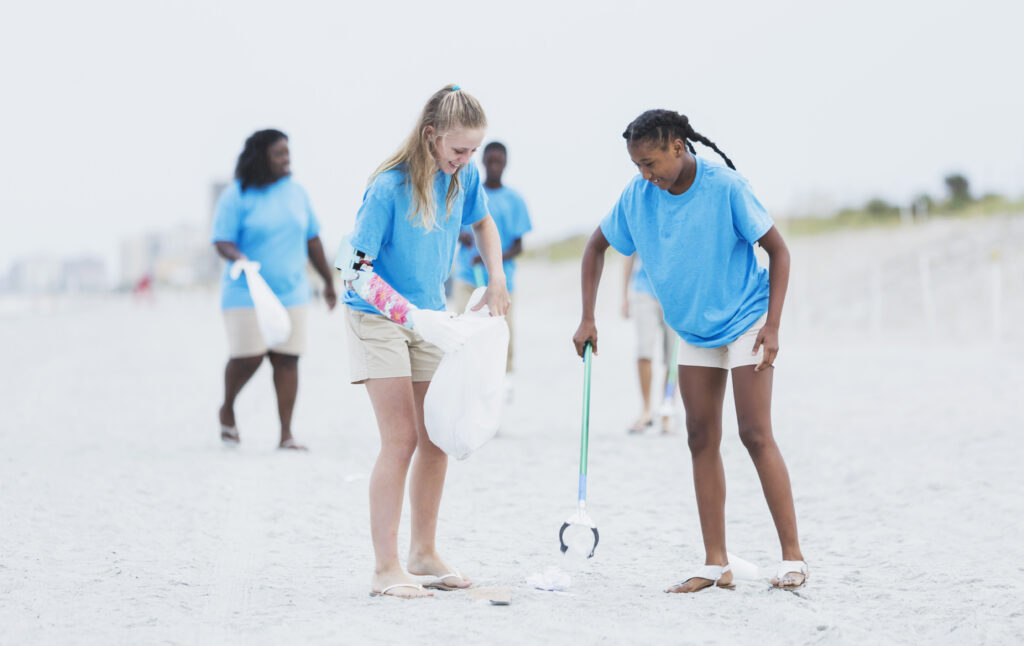
Clean-up
Sponsor or organize a litter clean up for a scout troop, local school district, faith-based group or other community youth group along a local waterway, public park, stormwater facility, or in an area with storm drains that discharge to a local lake or waterway.
Watershed/Regional Colaboration
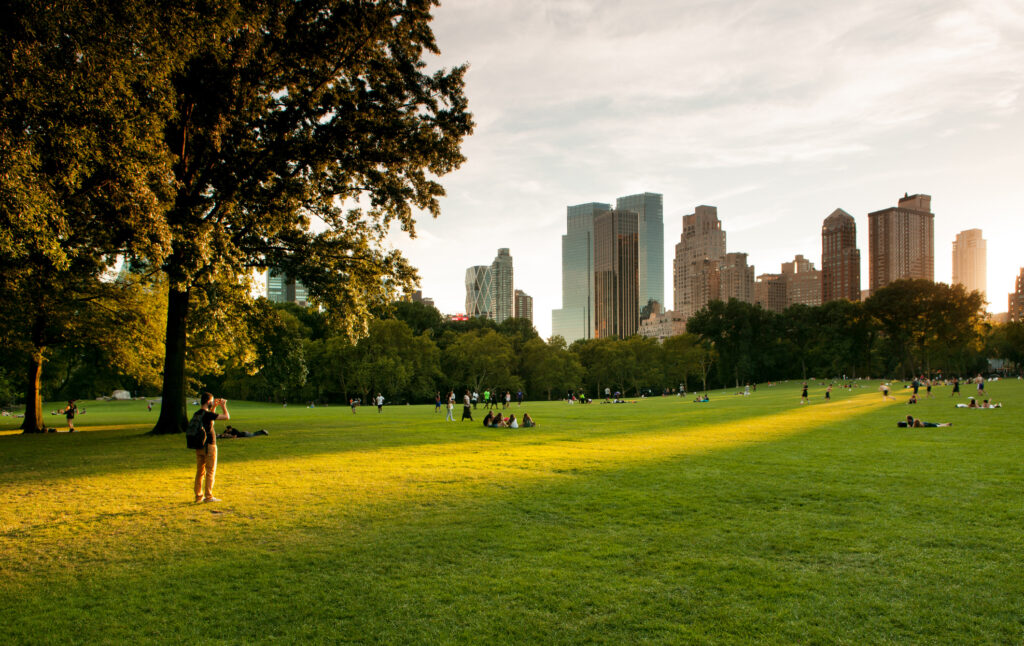
Regional Stormwater Collaboration
Participate in a regional stormwater, community collaborative, or other watershed-based group regularly to discuss impaired waterbodies, TMDLs, regional stormwater-related issues, or watershed restoration plans that address those waterbodies. Evaluate, develop, and implement remedies that resolve stormwater related issues within the affected waterbody or watershed.
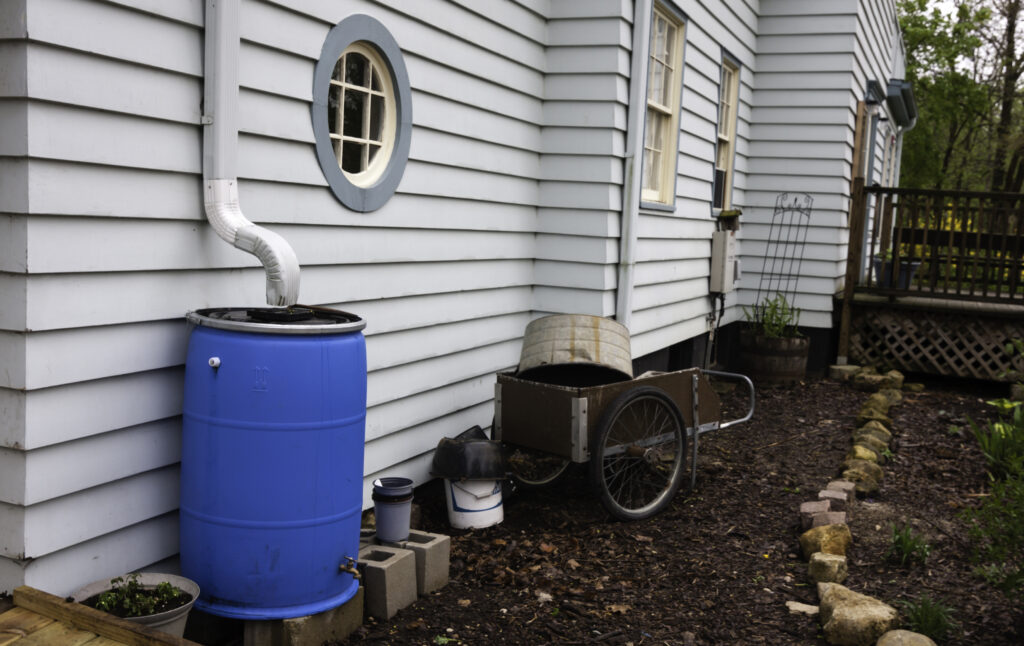
Green Infrastructure Workshop
Organize or participate in a green infrastructure workshop on a regional or watershed basis. Some ideas for workshops are
- Permeable Pavements, how to have your own
- Rain Garden Workshop
- Green Roofs
- Rain Barrel Workshop
- How to make a Vegetative Filter Strip
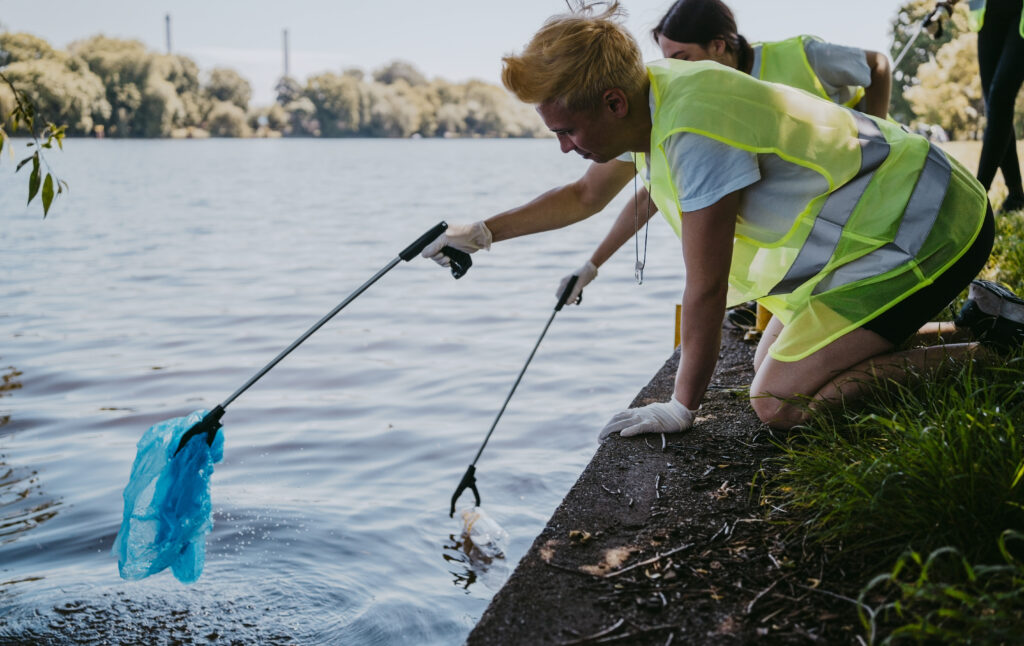
Community Activity
Organize or participate in the organization of a regional or watershed-based event to carry out stormwater activities such as
- Stormwater Facility Maintenance
- Litter Clean-up
- Rain Garden Planting
- Tree Planting Event
Community Involvement Activities
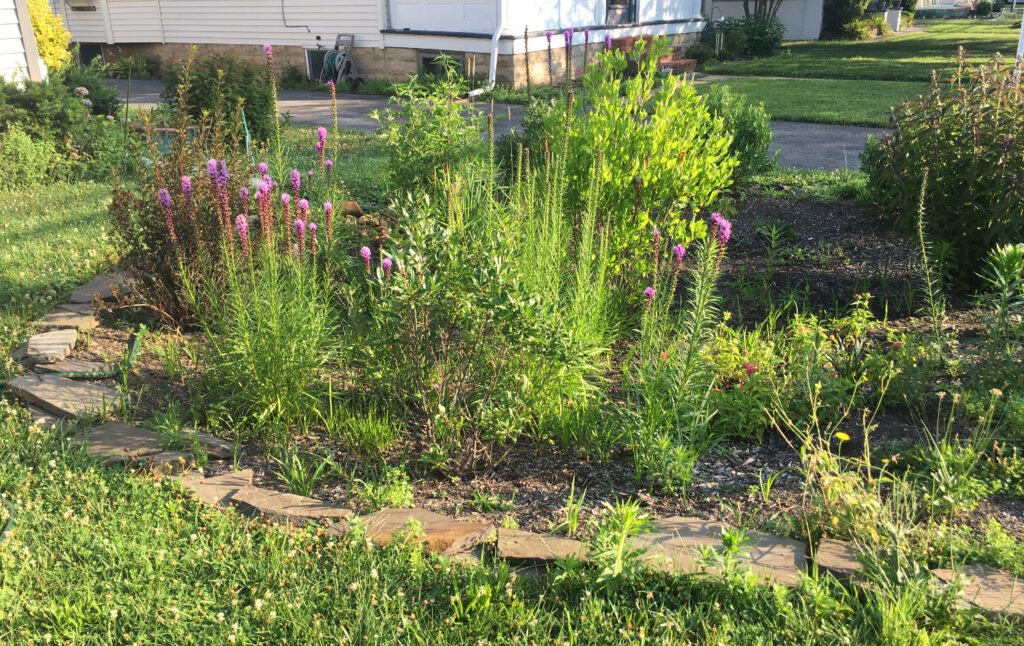
Rain Garden Workshop
Organize or participate in a rain garden training or installation workshop. This could be a partnership exercise with a local watershed organization, university, school, youth/faith-based group, and/or another nonprofit.
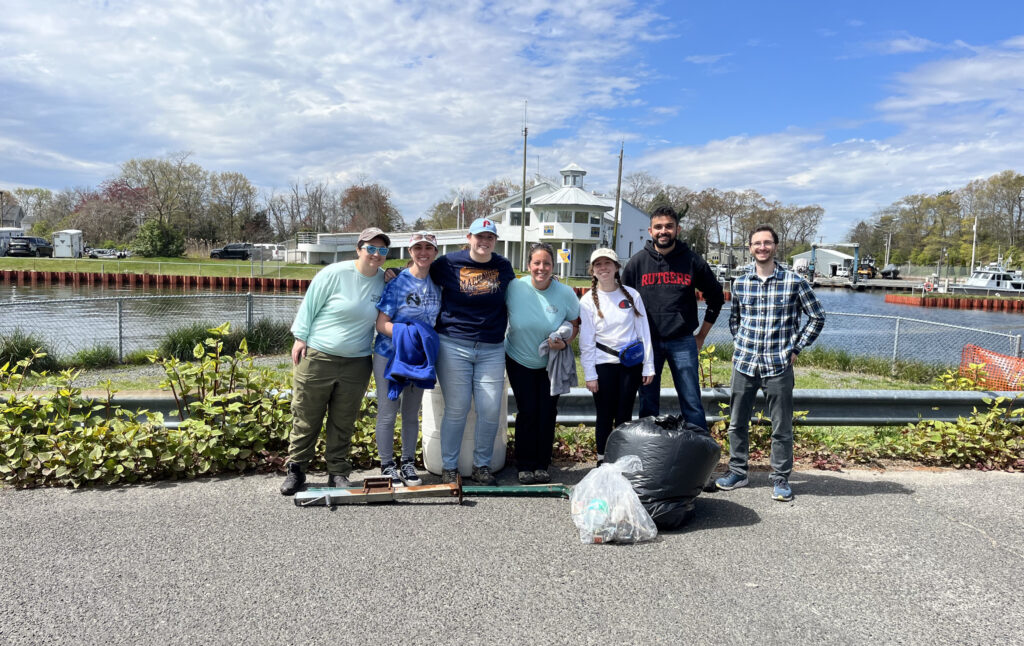
Community Event
Organize or participate in the organization of a community event to carry out an event that gets the community involved in stormwater-related activities. Some ideas for community events:
- Native Plant Selection and Maintenance
- Green Infrastructure Tours
- Stream Maintenance
- Stream Buffer Restoration
- Stream Maintenance
- Tree Plantings
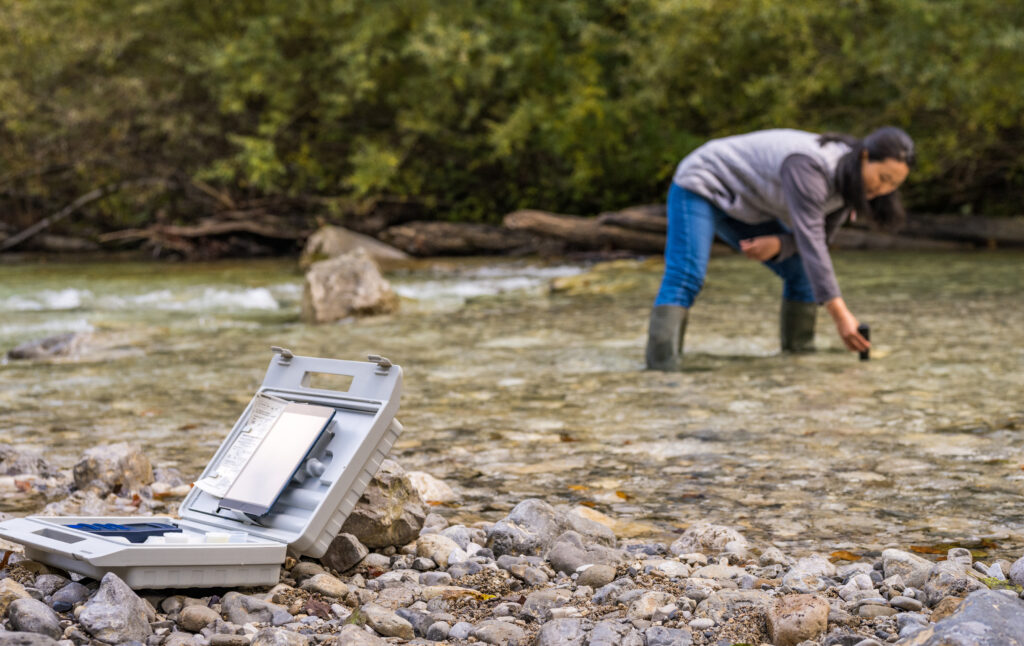
Volunteer Stormwater Assessment or Stream Monitoring
Establish a volunteer stormwater facility assessment (inspection, inventory and/or mapping) or stream monitoring program for a waterbody within the municipality to gauge the health of the waterway through chemical, biological or visual monitoring protocols. Contact NJDEP’s AmeriCorps NJ Watershed Ambassador Program or review USEPA National Directory of Volunteer Monitoring Programs.
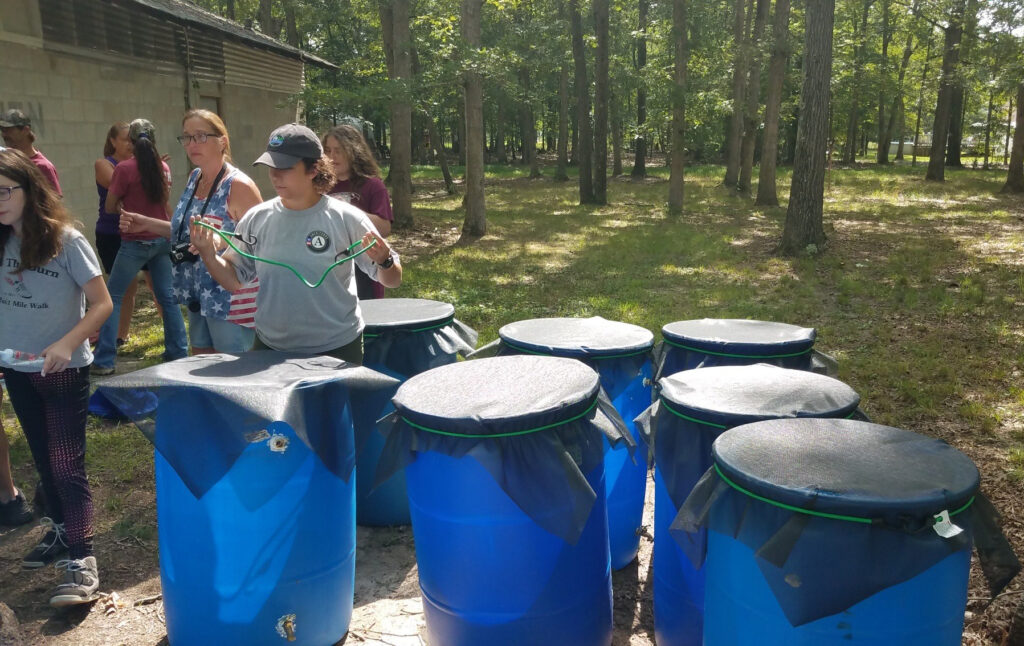
Rain Barrel Workshop
Organize or participate in a rain barrel workshop. This could be a partnership exercise with a local watershed organization, university, school, youth/faith-based group, and/or another nonprofit.
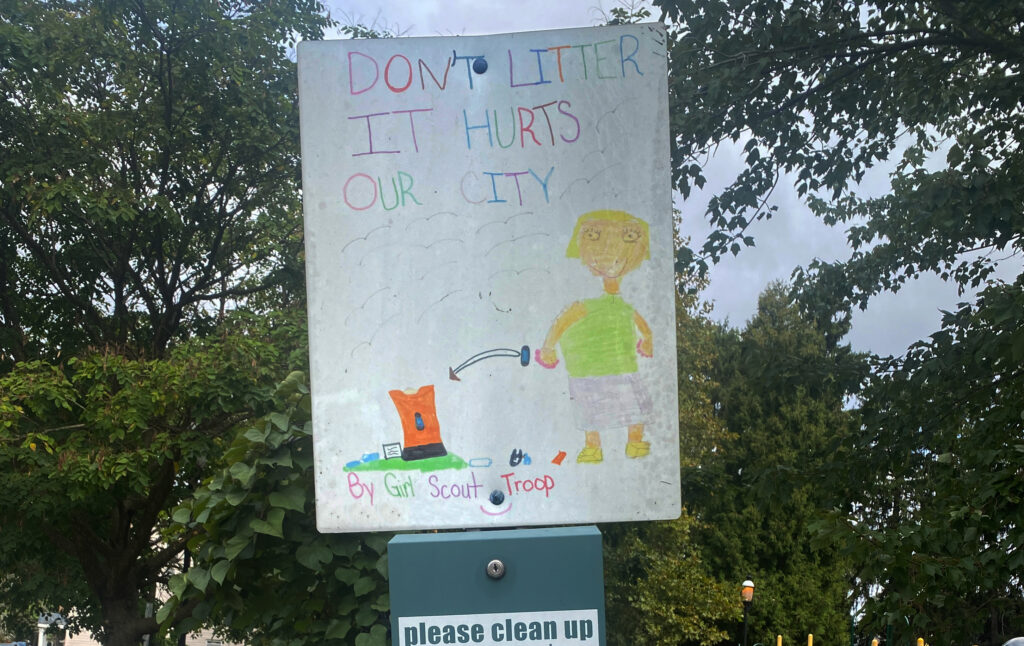
Community Sign Making
Organize a project with a local organization to create and post signs at either green and/or gray stormwater infrastructure sites or facilities that describe the function and importance of the facility, contact phone number, municipal identification number, and/or website for more information.
Tip Cards and Posters
Rutgers Cooperative Extension Fact Sheets
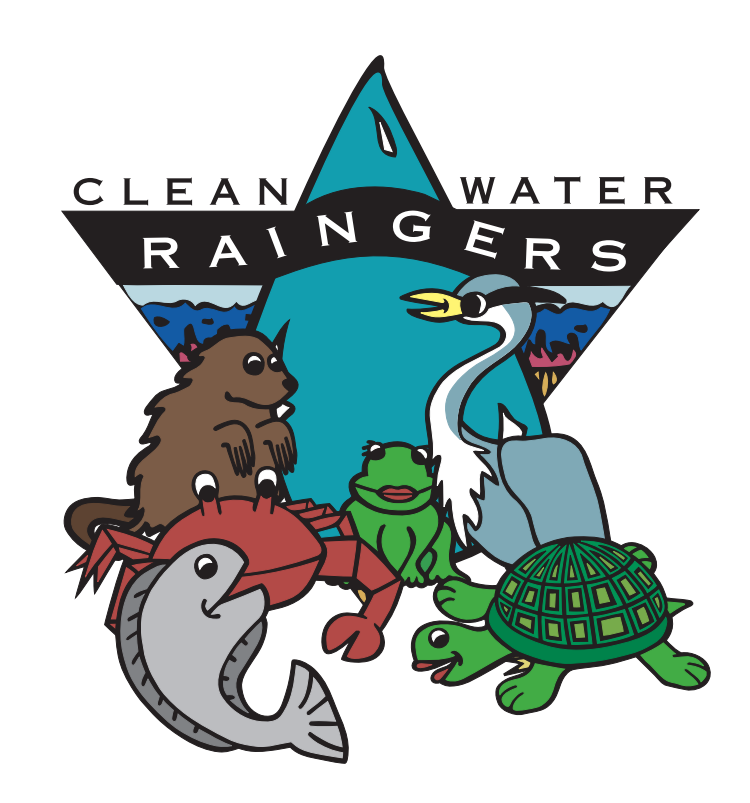
 OFFICIAL SITE OF THE STATE OF NEW JERSEY
OFFICIAL SITE OF THE STATE OF NEW JERSEY